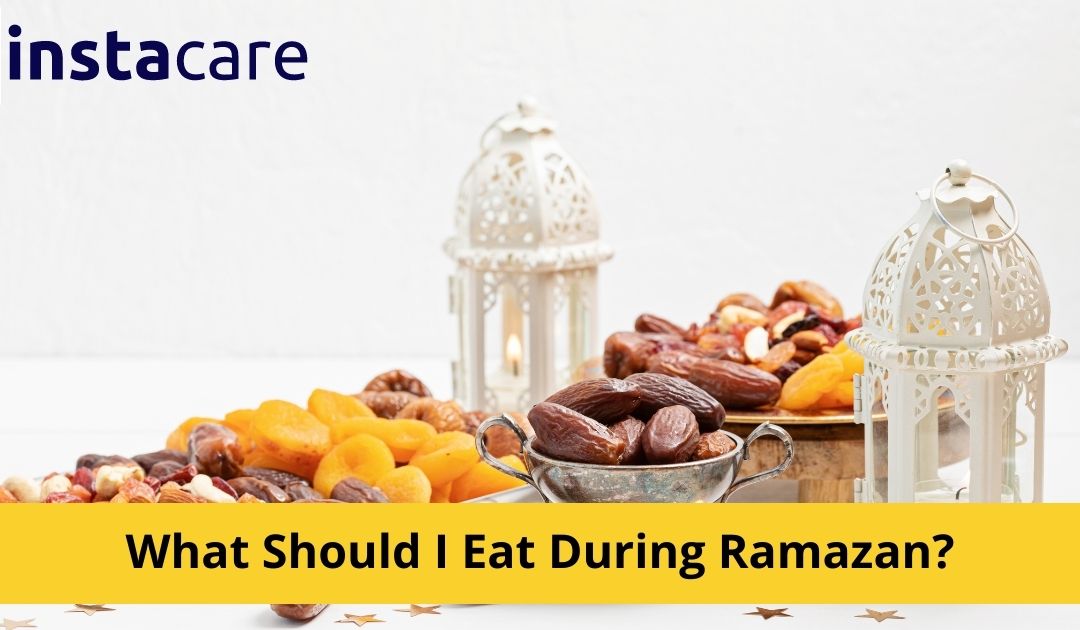Whatever you eat impacts your body, and it affects your body positively or negatively, depending on your diet. A good diet is essential in a regular life routine, but it becomes crucially important especially in Ramazan. You have to balance out everything, and there should be a stop to all of your unhealthy eating habits. Here is a guide on what you can eat during Ramazan according to all the food groups and how much you should consume from each food group in Ramazan.
Grains and Cereals
Grains and cereals include;
- Wheat
- Rice
- Corn
- Barley
- Oats
- Buckwheat
- Rye
- Triticale
- Quinoa
Some essential grains and cereals are a must-have in the breakfast or sehri. They provide you with the proper energy to pass your whole day. Because you have to spend your day without any meal, they are enriched with carbohydrates in balanced amounts, and carbs are the primary energy source. You need to complete at least 400 to 500 calories, and grains are the perfect source for you to provide your calorie count and are fibrous.
Fruits and Vegetables
The category of fruits and vegetables has a considerable diversity, and you need to eat a lot of them in Ramazan. At least 40% of your diet should have fruits and vegetables. Fruits and vegetables provide you with micronutrients that would prevent you from deficiencies and diseases by keeping your oxidative level balanced.
You can't just have grains in your meals, and you need to have a variety of food in your meals.
Meat and Poultry
The meat and poultry group is also referred to as the "Protein" group. According to the halal certification and poultry, it includes all the meat, including chicken and eggs. It would help if you consumed at least 40% protein in your daily diet and meat at least twice a week. Proteins are a secondary source of energy from muscles. So, when your body runs out of carbs, proteins are required to fulfil the energy requirement.
Dairy Group
The dairy group includes milk, yogurt, and cheese, and it also contains fortified milk and yogurt if you use company-based products. Milk is usually preferred to be consumed at night and yogurt in the morning.
Fats Group
The fat group should only be kept up to 9% in Ramazan and should be avoided in daily use. The consumption of fat increases if you are taking more deep-fried items.
View More: How To Lose Weight in Ramadan 5 Important Tips
Suitable Options for Ramazan
Here are a few options for both your sehri and Iftar for Ramazan.
- A bowl of fortified cereal with a few berries will combine fibrous food.
- A flatbread should be a must-have in everyday routine. You can make it either with wheat flour, barley, or rice flour to balance the nutritional values.
- Fresh fruit juices, smoothies, and lemonades are a must-have.
- You should add yogurt to your daily routine in Ramazan for it to keep your stomach healthy.
Food Options to Avoid in Ramazan
- The food items that should be avoided, especially during Ramazan, are fast food and take-outs from fast-food chains like pizzas, fried chicken, burgers, samosas, rolls, grill cheese, and other deep-fried items.
- Sweets like cakes and other sweets should be avoided during Ramazan.
- Spicy food should not be consumed both in Sehri and Iftar.
- Cold Drinks and sodas should be strictly prohibited that are carbonated. They have a terrible impact on both kidneys and stomach.
Conclusion
In Ramazan, your meal planning should be done wisely and appropriately. It is mandatory for you to at least touch every food group to keep your nutritional values appropriate. If you miss out on a few nutrients, you will get weak, and it won't be easy to survive the whole Holy Month of Ramazan. A variety of food will keep you healthy during Ramazan.
Please book an appointment with the best Nutritionist in Lahore, Karachi, Islamabad, and all major cities of Pakistan through InstaCare, or call our helpline at 03100002273 to find a verified doctor for your disease.











